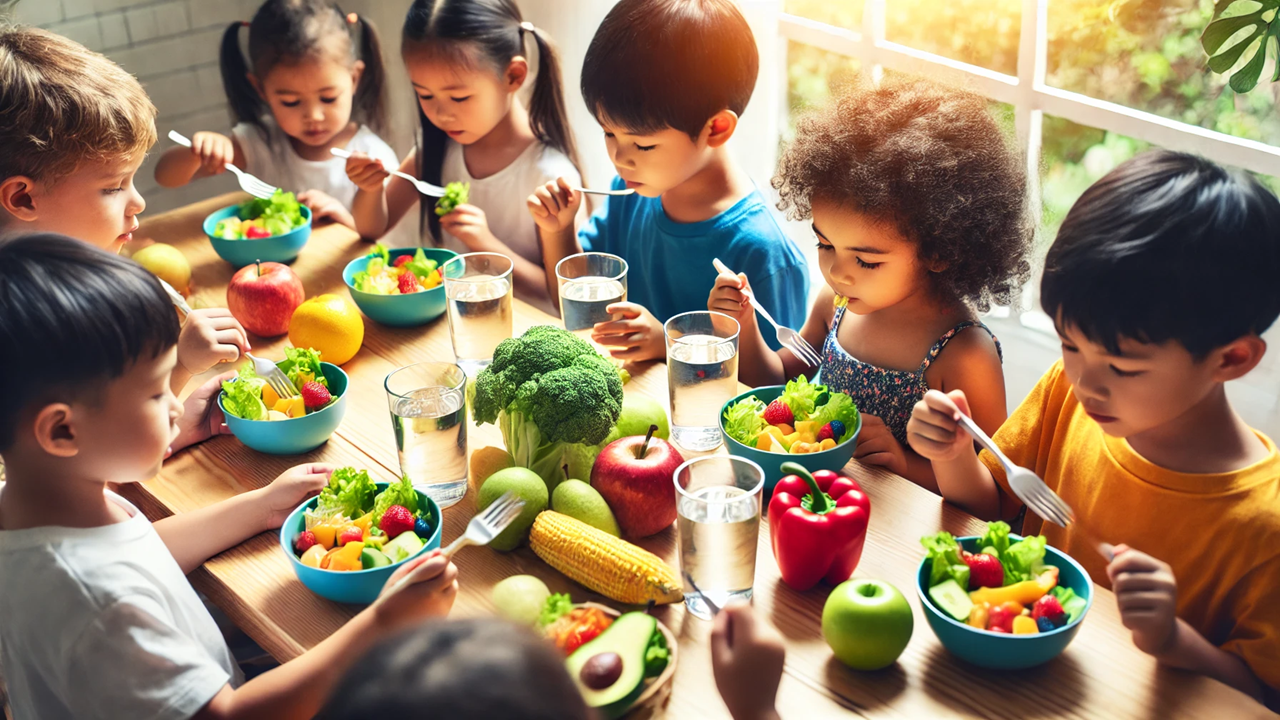Tanzania has emerged as a leader in food self-sufficiency, achieving a milestone of 128 percent food security and marking a significant success in its journey to alleviate hunger. Addressing a global audience at the 2024 World Food Prize Norman E. Borlaug International Dialogue in Iowa, President Samia Suluhu Hassan announced that Tanzania is not only meeting its domestic food needs but is also exporting the surplus to neighbouring countries, positioning itself as a beacon for African agricultural development.
The high-level dialogue, titled “Bold Measures to Feed Africa,” was moderated by African Development Bank Group (AfDB) President Dr Akinwumi Adesina, with President Hassan and Sierra Leone’s President Julius Maada Bio sharing their countries’ success stories. President Hassan emphasized that, beyond achieving food sufficiency, Tanzania is now focusing on improving food quality, accessibility, and affordability, and minimizing post-harvest losses. She attributed Tanzania’s achievements to a mix of political commitment, strategic partnerships, and investment in the agricultural sector.
Tanzania’s Agricultural Success and Youth Empowerment Initiatives
During her speech, President Hassan highlighted key initiatives, including Tanzania’s newfound success in processing and exporting cashew nuts—a process typically outsourced to Asia. Tanzania also boasts nearly full rural electrification, with 12,300 villages connected to the grid, further supporting agricultural productivity and rural development.
Backed by the AfDB, Tanzania’s "Creating Jobs for Youth and Women" program is empowering the next generation. So far, 11,000 young people have received 10 acres of land each, along with agricultural training, aimed at transforming agriculture into a viable career path for Tanzania’s youth. The initiative, which aligns with Tanzania’s commitments from the 2023 Dakar 2 Food Summit, is part of the broader African effort to meet the continent's food needs through country-specific food compacts that are projected to bring in $72 billion in investments.
Sierra Leone’s Feed Salone: A Model of Resilience
Sierra Leone’s President Julius Maada Bio also presented his nation’s journey towards food self-reliance. Through the “Feed Salone” program, Sierra Leone has dramatically reduced rice imports, cutting back by over 20 million tons, and is now advancing agricultural productivity with a vision of transforming the nation into a net exporter.
President Bio explained that, during his first term, the focus was on education, but his administration has since prioritized agriculture, recognizing its essential role in national development. Bio used the opportunity to invite investors to support Sierra Leone’s agricultural ambitions, emphasizing that the nation is on an upward trajectory in its mission to attract investment and boost its agricultural exports.
A New Vision for Africa’s Agricultural Future
Dr Adesina underscored Africa’s potential to be a global food basket, noting that the continent holds 65% of the world’s remaining arable land. The AfDB's support for Tanzania, Sierra Leone, and other nations highlights a proactive shift in global perceptions of African agriculture—from dependency to opportunity. Adesina called on investors and stakeholders worldwide, echoing the words of Norman Borlaug, to score goals for Africa by investing in the continent’s food security.
The 2024 Norman E. Borlaug Dialogue, themed “Seeds of Opportunity, Bridging Generations and Cultivating Diplomacy,” gathered leaders, experts, and investors from around the world to devise actionable solutions against hunger. As Adesina closed the dialogue, he reminded attendees of Borlaug’s legacy, “If you’re not investing in Africa, what are you doing?”
This year’s dialogue not only highlighted Africa’s resolve to achieve food security but also signaled a powerful call for international support and collaboration to turn the continent into a thriving global food source, reinforcing the theme of hope and legacy central to this year’s discussions.











